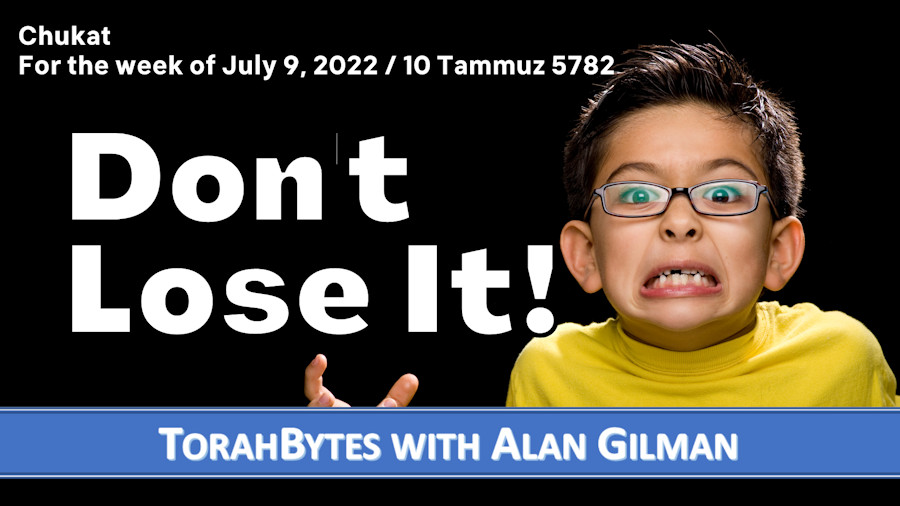For the week of July 30, 2022 / 2 Av 5782

Matot & Masei
Torah: B’midbar/Numbers 30:2 – 36:13 (English: 30:1 – 36:13)
Haftarah: Jeremiah 2:4-28, 3:4
Updated version of message posted the week of July 6, 2013 / 28 Tammuz 5773
Download Audio [Right click link to download]
You shall not pollute the land in which you live, for blood pollutes the land, and no atonement can be made for the land for the blood that is shed in it, except by the blood of the one who shed it. You shall not defile the land in which you live, in the midst of which I dwell, for I the LORD dwell in the midst of the people of Israel. (B’midbar/Numbers 35:33-34)
Pollution. It’s a bad thing. Poisoning the air, water, and soil destroys our beautiful planet. Irresponsible disposal of waste ruins the environment. When God mandated our first parents in the Garden of Eden to be stewards of the creation, he put the care of the planet squarely on our shoulders.
Proper management of the environment is not about the absolute avoidance of waste. God made the world in such a way so as to tolerate certain levels of waste products. Pollution occurs when we overload the earth’s natural filtration systems. In fact, most often when waste overload does occur, cleanup is still possible. It takes a more extreme level of waste mismanagement to reach the point of no return. But, of course, this should in no way encourage laziness on our part, especially since environmental disaster can be avoided.
With all the current interest in the environment, it is regrettable that most governments, NGOs, and people in general neglect what is perhaps the greatest pollutant of all: blood. The unjust shedding of blood pollutes the environment in ways beyond our comprehension. That’s what the Torah says. But this is metaphorical, right? Yes and no. It is metaphorical in the sense that the Torah is not addressing how the presence of blood in land or soil may be a contaminate. At the same time, it is not metaphorical in that murder has a practical, physical effect on the land. Just because the relationship between injustice and the environment cannot be measured scientifically, that doesn’t make it any less real.
The Torah teaches that the remedy for first-degree murder is the execution of the perpetrator. This principle is rooted in God’s words to Noah after he and his family emerged from the Ark (see Bereshit/Genesis 9:5-6). The Torah is careful to prevent revenge and establish fair trials. But it’s only the reciprocal shedding of blood of the murderer that can cleanse the pollution cause by his or her crime. That capital punishment has become so distasteful in much of the world today reveals a great misunderstanding about the sacredness of life.
The prevalence of the unjust shedding of blood in the world today is staggering, especially when we take into account the slaughter of the preborn through abortion and the growing popularity of euthanasia and assisted suicide. There is no way our environment can tolerate the disaster caused by so much killing. It’s no wonder that our social and economic systems are breaking down. Every indication is that we are heading for what might be the worst social and economic disaster in centuries.
We are fooling ourselves to think that the current situation requires an economic or political solution. Our passage tells us that it’s the shedding of blood that has brought this on. As I mentioned, only additional shedding of blood can bring the cleansing and restoration we need. I assume most of us find this bizarre. But perhaps once we realize how much blood we have on our hands and the nature of the disaster we have brought upon ourselves as a result, then maybe we will be open to God’s solution: his taking on human form as the Messiah in order to shed his own blood on our behalf.
Scriptures taken from the English Standard Version


